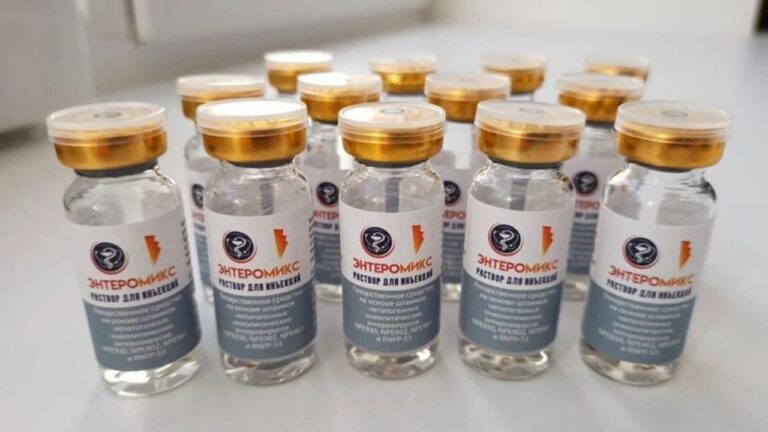
China has announced the establishment of a nearly $48 billion fund aimed at boosting its semiconductor industry. This significant investment is designed to build up a local supply chain and close the technology gap with the U.S., amidst ongoing challenges regarding access to advanced semiconductors and chip-making equipment.
Largest Ever Semiconductor Fund
The 344 billion yuan ($47.49 billion) fund, the largest in China’s history, represents the third phase of the China Integrated Circuit Industry Investment Fund. It surpasses the combined total of previous phases launched in 2014 and 2019. Official registration for the fund was completed on Friday, according to the National Enterprise Credit Information Publicity System, a government-run credit information agency.
Key Stakeholders and Investment Focus
China’s Ministry of Finance holds the largest share in the fund, with a 17% stake. Additionally, five major state-owned banks—including the Industrial & Commercial Bank of China, China Construction Bank, Agricultural Bank of China, Bank of China, and Bank of Communications—each hold approximately 6% stakes, as reported by Tianyancha, a private Chinese company-information database.
Context of U.S. Restrictions
This funding surge follows several rounds of U.S. restrictions on the export of advanced semiconductors and chip-manufacturing equipment to China. The most recent restrictions, introduced in October, have significantly hindered shipments of artificial intelligence chips to China. Concurrently, other major economies have launched substantial industry support packages, reflecting the growing global demand for advanced chips to power AI computing and address supply-chain disruptions.
Global Competition and Industry Support
The U.S. recently approved up to $6.4 billion for Samsung Electronics and $6.6 billion for Taiwan Semiconductor Manufacturing Co. to establish factories in the U.S., as part of the $53 billion Chips Act. Similarly, South Korea has unveiled a $19 billion package to support its chip industry. “The competition has intensified as all countries are trying to achieve [chip] self-sufficiency,” noted Bernstein analyst Qingyuan Lin.
Domestic Investment and Expansion
Chinese chip manufacturers are significantly increasing investments in domestic supply chains and the development of advanced chips. SEMI, a global industry body representing chip manufacturers and suppliers, estimates that Chinese companies will initiate operations for 18 chip manufacturing projects this year, boosting China’s chip-making capacity by 12%. Chinese companies also purchased over $30 billion in chip-making equipment last year, accounting for about one-third of the global total.
Focus on Older-Generation Chips
Many of China’s new chip factories are concentrating on older-generation chips that are not currently impacted by U.S. restrictions. Analysts believe that the new fund could help Chinese companies enhance their capabilities in advanced chip-making and strengthen their production of mature-node chips. Despite these efforts, China’s share of the global foundry business remains relatively low. Semiconductor Manufacturing International Corp. and Hua Hong Semiconductor, two of China’s largest chip foundries, collectively accounted for around 8% of the global foundry market in the first quarter, compared to Taiwan Semiconductor Manufacturing Co.’s 62%, according to Counterpoint, a global technology research firm.
Strategic Investment and Future Prospects
The fund is expected to operate like an asset management firm, taking equity stakes in both public and private chip companies. Morningstar analyst Phelix Lee suggested that it could “assume the lead investor role in many instances to support a higher valuation and attract other state-owned enterprises.” The considerable size of the new funding indicates China’s ongoing and intensified commitment to developing a domestic semiconductor ecosystem, despite U.S. restrictions. “China has actually accelerated,” emphasized Lin of Bernstein.
Following the announcement, Chinese semiconductor shares saw a significant rise on Monday, with SMIC gaining 7.4% and Hua Hong increasing by 11.5%.






